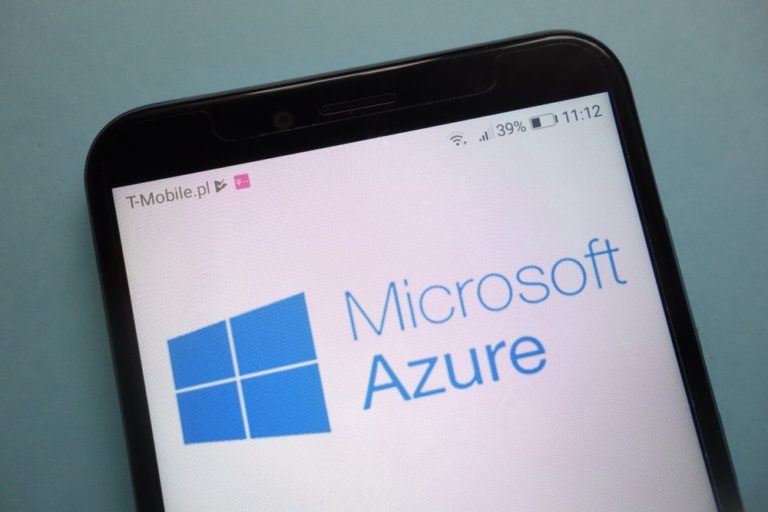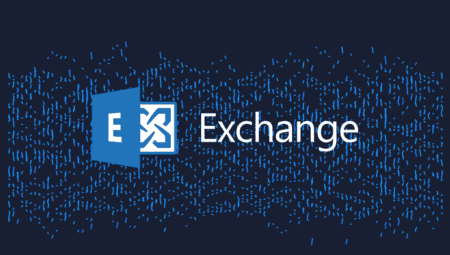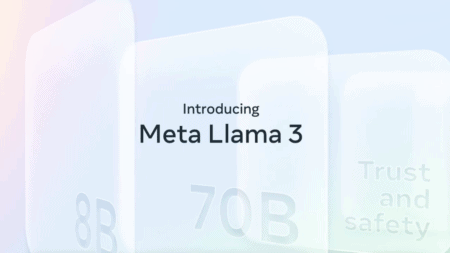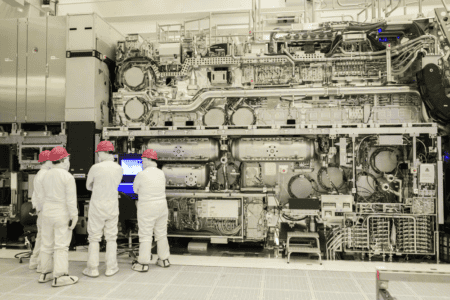Microsoft has launched a new framework for Azure: the Cloud Adoption Framework, or CAF. CAF is designed to provide a single Microsoft voice for cloud adoption, as well as consolidation and sharing of best practices from Microsoft employees, partners and customers.
According to Microsoft, enterprises need a proven and consistent method for adopting cloud technologies. That’s what the Cloud Adoption Framework is for. It helps make decisions at the cloud adoption, according to the company versus Channelweb.
The Cloud Adoption Framework is an attempt by Microsoft to help customers who have put a toe in the figurative Azure water to fully adopt the cloud service. The Cloud Adoption Framework is not yet widely available. Next week it will have a big launch during Microsoft Inspire.
Second player in the market
According to Canalys, Microsoft held 17 percent of the market for cloud infrastructure services in the first quarter. This puts it ahead of Google, which has 8 percent of the market in its hands. AWS is the biggest player with 32 percent.
Microsoft also had the second-largest growth in 2018, with a growth rate of 82 percent. Google Cloud saw the largest growth by 94 percent, followed by Alibaba Cloud by 92 percent. AWS was 47 percent way behind.
Azure Bastion
Microsoft unveiled a new Azure service in June this year: Azure Bastion. This should provide secure access to off-Internet virtual machines. The service provides an easy way to deploy, run and scale jump servers or bastion hosts within the Azure infrastructure.
In the future, Azure Bastion will have to be further expanded with other security features. For example, Microsoft wants to add an Azure Active Directory integration for single sign-on and Multi-Factor Authentication for RDP and SSH connections. The company is also working on adding support for native RDP and SSH clients.
It is not yet clear when these additions will be realised. For now, Azure Bastion is available as a public preview.
This news article was automatically translated from Dutch to give Techzine.eu a head start. All news articles after September 1, 2019 are written in native English and NOT translated. All our background stories are written in native English as well. For more information read our launch article.

















